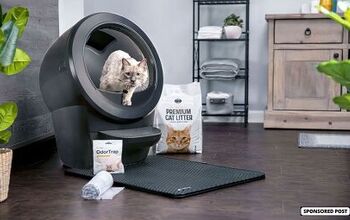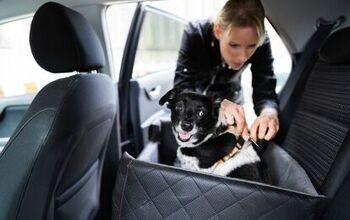Bengal cats are a truly stunning feline breed, in many ways. According to the International Cat Association (TICA), they hold the title of being the most popular cat breed globally, and it doesn’t really come as a surprise. Their unique and exotic appearance, their unavoidable charm, and their slender physique are certainly the reason for this prestigious title. But even though they are popular, Bengal cats are a relatively new breed in the field of domesticated cats. While most ordinary domestic cat breeds have been around for thousands of years, Bengal cats have been around for less than a century, which comes as a stark contrast. They are a hybrid breed as well, having been created in the 1960s. They came about from the crossing of the domestic cat (Felis Catus), and the Asian Leopard cats (Prionailurus Bengalensis), which are a small, spotted, wild cat species living in Asia. What makes the combination unique is the fact that these two cat species had a common ancestor about 6 million years ago, which means that the genetic differences between them are incredible. The differences are even greater than between humans and chimpanzees!The resulting breed is the Bengal cat, and it is adored for its exotic appearance. It has special spots, just like ocelots or leopards. But most folks ascribe the unique coloration and patterns of these felines to the DNA they received from their wild and distantly related ancestors. And that’s why scientific folks paid special attention to the ancestry of Bengal cats. Greg Barsh, MD, Ph.D., Faculty Investigator at HudsonAlpha Institute for Biotechnology and Professor of Genetics at Stanford University, himself an expert in the genetics of feline coat coloration and patterning is a key figure in the research process of Bengal ancestry. Together with his team, which is led by Chris Kaelin, Ph.D., and Kelly McGowan, MD, Ph.D., Mr. Barsh is working hard towards unraveling Bengal ancestry through the genetics of popular color traits."Cats are wonderful companions," he explains for Phys.org, "but our interests go beyond their beautiful and exotic appearance. Like the amazing variation among different dog breeds, artificial selection can be a very powerful engine to create morphologic diversity. What's different about Bengal cats from dogs is the raw genetic material–dogs trace their heritage to wolves from tens of thousands of years ago.""In contrast, Bengal cats trace their heritage to completely different species from millions of years ago. Understanding how these distantly related genomes interact is a general question that applies to any situation when different species exchange genes, from crops to aquaculture to humans and Neandertals."And even though this is a relatively new breed, started about 60 years ago by a few cat enthusiasts, it has grown incredibly during this time. Today, there are hundreds of thousands of registered Bengal cats, which are produced by about 2,000 breeders. Chris Kaelin, the leader of the Bengal cat DNA study, said “Cat fanciers and breeders are very interested in the research, in part because they want to know more about the science behind artificial selection, and in part, because they want to know if our results can help them produce cats with rosettes, stripes, or other exotic markings.” He also added "This is a great example of citizen science–our work has been enabled by the willingness of breeders to participate, and we share our results with the community."One of the surprising discoveries that was produced from the study is that Asian Leopard DNA contributes no more than a few percent to the overall Bengal Cat DNA. In fact, it is revealed that there isn’t one or even a few Asian leopard genes that are causing the unique spotted Bengal appearance. "One of the original motivations for bringing together DNA from the two species was to select for Asian leopard DNA that would recapitulate the appearance of an exotic wild cat in a companion animal," said Kaelin. "It turns out that some of the most striking examples of selection in the breed are for traits that were already present, but very rare, in domestic cats."So, the study reveals that the Bengals are in many ways totally unique. Mixing the two very unique breeds resulted in a cat that is exotic, elegant, charming, and above all loveable. And now, the results published are providing valuable information to all the enthusiasts in love with the Bengal breed.

























